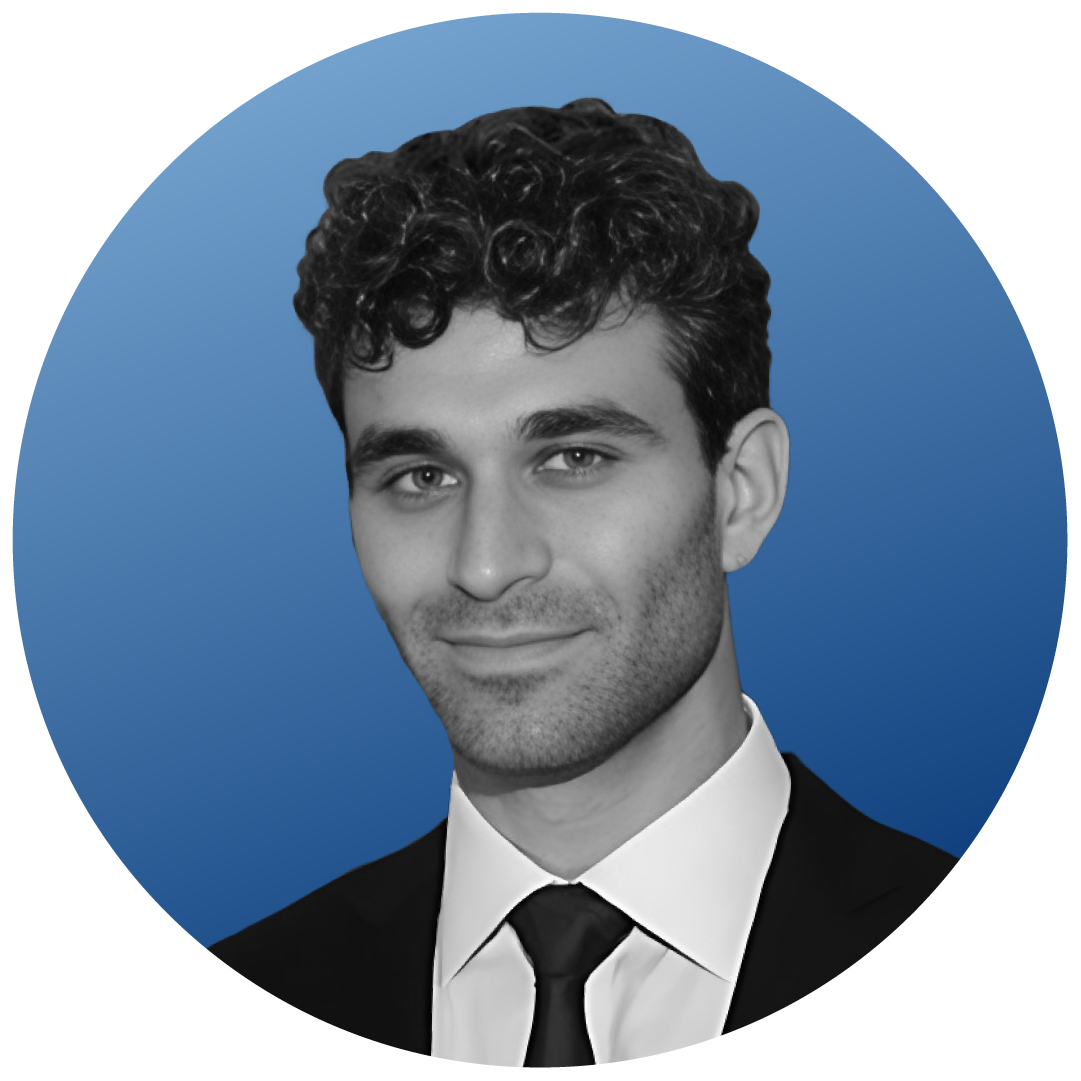Argentine presidential candidates Javier Milei and Sergio Massa took to the debate stage at the University of Buenos Aires Law School for the final time at 9 p.m. on Sunday night, ahead of the November 19 runoff presidential vote.
The top two candidates in the October 22 general election sparred over the economy, international relations, health and education, jobs, security, and democracy.
Economy Minister Massa, of the ruling Unión por la Patria coalition, quickly capitalized on the debate’s format, which allowed for candidates to interact more directly with one another than in the previous rounds.
Having fallen behind ever so slightly in opinion polls last week, Massa went all-in on his run-off strategy, which has been to play on many voters’ fears surrounding libertarian economist Milei’s policies and temperament.
The economy minister peppered Milei, of the La Libertad Avanza coalition, with yes-or-no questions about some of the libertarian’s more controversial proposals, frequently imploring the audience to Google Milei’s past statements on key policy issues.
“Will you cut [transport] subsidies, yes or no?” Massa asked Milei, who has built his campaign around a pledge to reduce the state’s role in the economy.
The tactic set the libertarian on the back foot. In nearly every thematic section, Milei burned through his allotted time responding to Massa’s inquiries.
Massa made a number of references to Milei’s temblanza (“self-control”) and mental stability, potentially in an effort to goad the libertarian into unleashing one of his infamous outbursts.
Milei, who has spent the last month trying to regulate his disposition as he looks to court more moderate voters, didn’t fully take the bait. Instead, Milei’s often winding responses centered on Massa, whom he labeled as “corrupt” and a “liar.”
“The cancer that is inflation”
He focused little on Massa’s proposals. Rarely grilling the economy minister on policy specifics, Milei routinely fell back on the argument that Massa’s allies have been in power for years and have failed to tackle inflation, poverty, and insecurity.
Defending his policy platform, Milei promised to end “the cancer that is inflation,” referencing Argentina’s 140% annual inflation rate, the highest in three decades.
The two scuffled over, among other key issues, women’s rights. While Massa promised to tackle the gender pay gap, Milei continued to deny its existence.
The economy minister repeatedly clarified that this election is about “Massa and Milei”, not their allies — in Massa’s case, Vice President Cristina Fernández de Kirchner, and in Milei’s, former President Mauricio Macri. In doing so, Massa worked to both distance himself from his politically controversial coalition partners and strip Milei of whatever legitimacy was conferred to him by Macri’s endorsement.
The general consensus: Massa appeared more conditioned for the debate.
After the event, Milei’s running mate, Victoria Villarruel, described the libertarian as “someone who says what he thinks…. Who’s spontaneous. He’s not coached.” Massa, she said, appeared “coached”.
When asked about Massa’s performance, Agustín Rossi, Massa’s VP-hopeful, remarked that the economy minister was “better prepared.”
That takeaway extended to the candidates’ respective camps.
Few of Milei’s La Libertad Avanza allies were present. Not a single high-ranking official from Macri and former candidate Patricia Bullrich’s Propuesta Republicana (PRO) party were in attendance to defend Milei’s performance.
Meanwhile, a number of Massa’s allies were present, and, when speaking to the press, all hit the same talking points: Milei lacks the composure to be president and presents an active risk to Argentine democracy.
Emotional intelligence in politics
Speaking to the Herald, Juan Manuel Uturbey, the governor of the northwestern Salta province and an ally of Massa’s, said that Argentina’s democratic institutions were at risk from “people who lack self-control, emotional intelligence, and who are fundamentally unprepared to understand the importance of institutions,” parroting many of the Massa team’s talking points.
Argentine Ambassador to Spain Ricardo Alfonsín, the son of former Argentine President Raúl Alfonsín, the country’s first democratically elected president after the fall of the military dictatorship in 1983, also spoke in no uncertain terms: “For the first time since 1983, democracy is at risk. And Mr. Milei, with his personality, temperament, way of referring to adversaries, puts it at risk.”
Alfonsín is part of the Unión Cívica Radical (UCR), a center-right party that was a founding member of the now-fractured Juntos por el Cambio coalition. The UCR bills itself as the champion of Argentina’s democracy, and its voters are prime targets for the Massa campaign’s messaging.
The debate kicks off the final week of campaigning before Sunday’s vote. Going into the runoff, the two candidates will be looking to court undecided voters, including many centrists who remain dissatisfied with both options.
Milei will likely continue to moderate his personal presentation and, above all, avoid additional unforced campaign errors.
Massa will be hard on the offensive, touting both his vision for a “national unity” government and attacking Milei as an existential threat to Argentine democratic institutions. His focus will be squarely on undecided centrist voters, many of whom might identify with the UCR or more moderate elements of the PRO.
When asked about the Massa campaign’s last-week strategy, Rossi told the Herald, “On Tuesday I’m going to Corrientes, on Wednesday to the City of Santa Fe.” The UCR and other centrist parties that Massa is courting are prominent in both Corrientes and Santa Fe Province, suggesting a strong final-week push to convince unsure voters.




